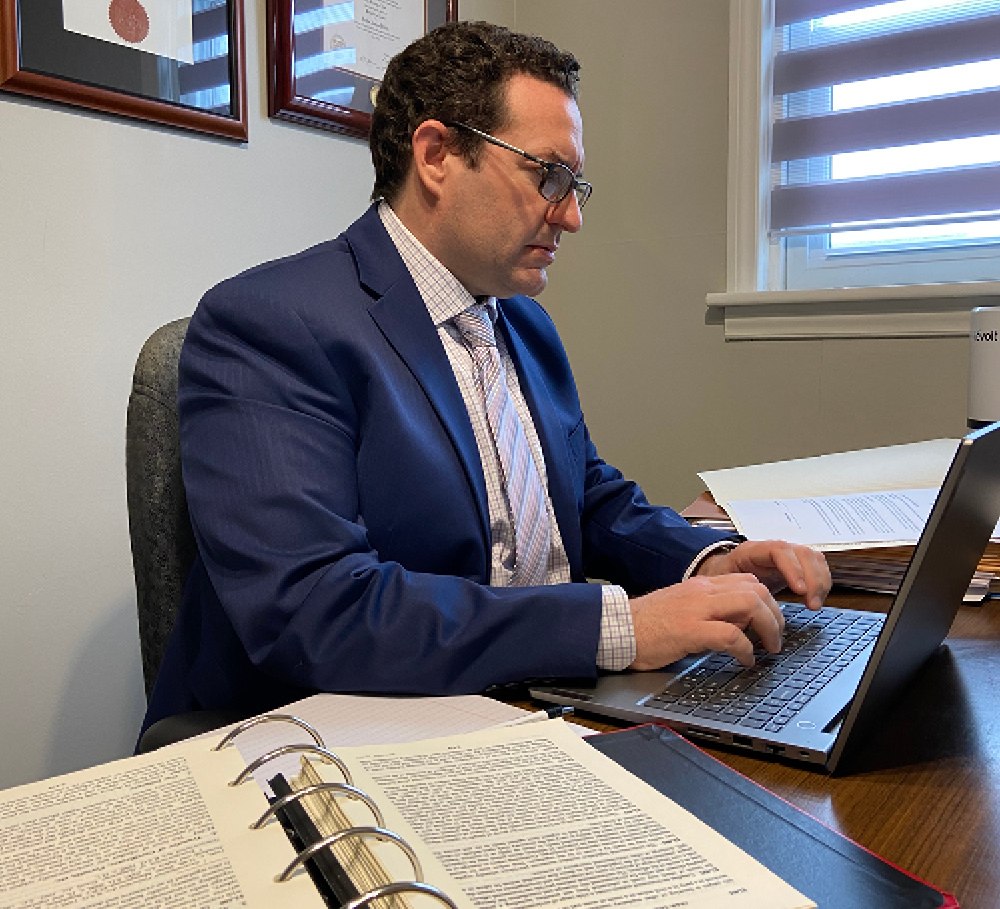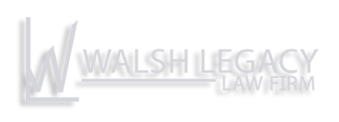Walsh Legacy Law Firm – Real Estate Lawyer – Wills – Estate Law – Business Law

ESTATE LAW
Estate Planning is a process. It provides for the accumulation, management and preservation of assets during your lifetime and a plan for the distribution of those assets at the time of your death. It can help minimize the tax burden to your estate and your beneficiaries.
An estate plan needs to be reviewed periodically and in particular, when there has been a change in the circumstances on which the plan was based. While wills are the most common vehicles used to carry out estate planning tools and techniques include:
• Continuing Powers of Attorney for Property
• Powers of Attorney for Personal Care
• Gifts during your lifetime
• Joint ownership of property
• Life insurance designations and declarations
• Beneficiary designations of registered plans
• Advance medical directives (living wills)
• Inter vivos (living) trusts, including alter ego
• trusts and joint partner trusts
• Multiple wills
• Estate freezing transactions

